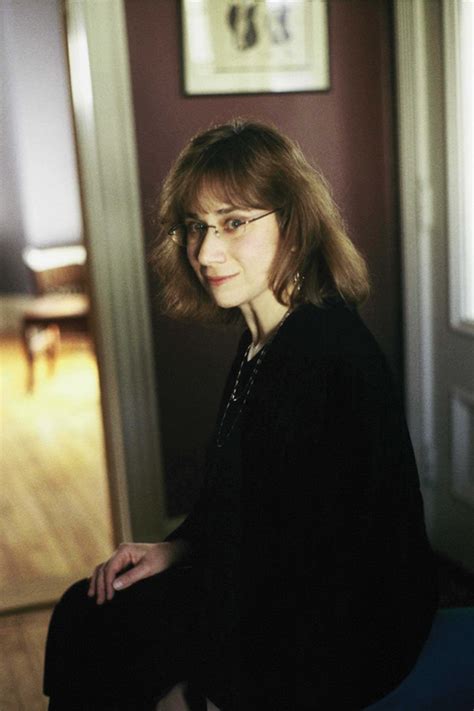A Quote by Rachel Cusk
In memoir, you have to be particularly careful not to alienate the reader by making the material seem too lived-in. It mustn't have too much of the smell of yourself, otherwise the reader will be unable to make it her own.
Related Quotes
I want each poem to be ambiguous enough that its meaning can shift, depending on the reader's own frame of reference, and depending on the reader's mood. That's why negative capability matters; if the poet stops short of fully controlling each poem's meaning, the reader can make the poem his or her own.
I feel really strongly about not wanting to overly guide the reader about what he or she should think. I really trust the reader to know for themselves and not to need too much. You have your own imagination, your own experiences, your own feelings, and a novel wants ultimately to ask questions. It doesn't assert anything, or shouldn't, I think.
The book is finished by the reader. A good novel should invite the reader in and let the reader participate in the creative experience and bring their own life experiences to it, interpret with their own individual life experiences. Every reader gets something different from a book and every reader, in a sense, completes it in a different way.
It is obvious enough for the reader to conclude, "She loves young Emerson." A reader in Lucy's place would not find it obvious. Life is easy to chronicle, but bewildering to practice, and we welcome "nerves" or any other shibboleth that will cloak our personal desire. She loved Cecil; George made her nervous; will the reader explain to her that the phrases should have been reversed?
We must be forewarned that only rarely does a text easily lend itself to the reader's curiosity... the reading of a text is a transaction between the reader and the text, which mediates the encounter between the reader and writer. It is a composition between the reader and the writer in which the reader "rewrites" the text making a determined effort not to betray the author's spirit.
Auto da Fay reveals the trickles of a creative sensibility that later became a tide, but essentially, Weldon the writer emerges only at the very end of this volume, in conjunction with her finding and marrying her husband of 30 years, Ron Weldon. In this sense, it is half a memoir, the private background story to the public future. (...) The reader is forced to re-evaluate the spectacular weirdness of Weldon's fiction: having lived such a life any other kind would seem insipid.






































